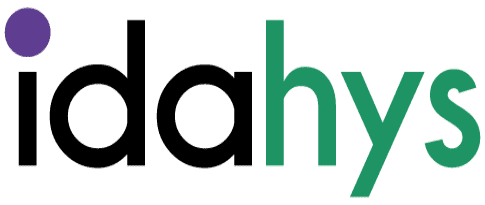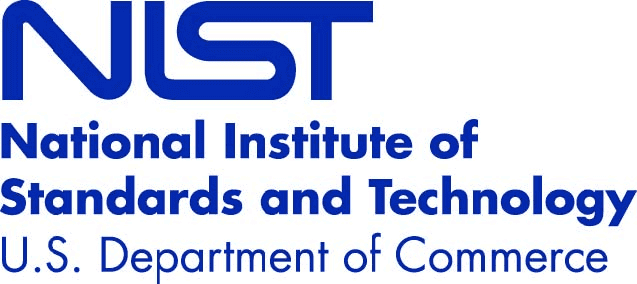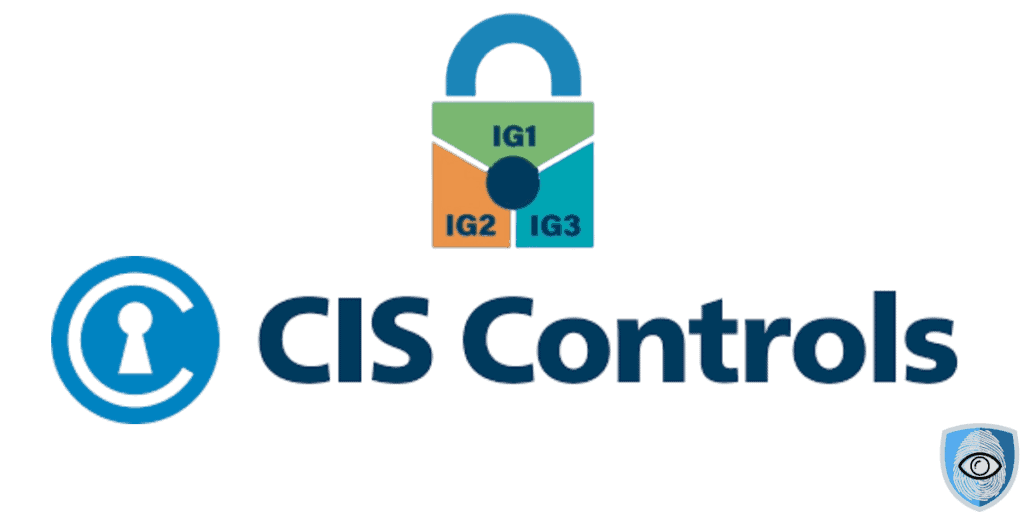Shadow IT
Shadow IT refers to the use of information technology systems, software, services, devices, or applications within an organization without the explicit approval, control, or oversight of the organization’s IT department or central IT administration. It often occurs when employees, departments, or business units independently adopt and implement technology solutions to meet their specific needs without going through the official IT channels or adhering to established IT policies and guidelines.
Shadow IT Practices
Unapproved Software Usage: Employees download and utilize software applications or tools without obtaining proper authorization from the IT department. This can encompass using personal file-sharing applications, instant messaging tools, or collaboration platforms not sanctioned by the organization.
Unmanaged Cloud Services: Employees register for cloud-based services like file storage, project management, or communication tools without IT’s knowledge. They may use personal accounts for work-related tasks, potentially exposing sensitive company data.
BYOD (Bring Your Own Device): Employees connect their personal devices (such as smartphones, laptops, or tablets) to the company network without adhering to company policies and security standards. This can lead to unsecured endpoints accessing corporate resources.
Unsanctioned Workarounds: Employees devise their own workarounds to bypass official IT restrictions or limitations. For example, they may use personal email accounts to send large files due to email size restrictions set by IT.
Unvetted Third-Party Services: Employees engage with third-party service providers for tasks like data analysis, software development, or cloud hosting without IT’s evaluation or approval. This can introduce vulnerabilities and compliance issues.

Shadow IoT (Internet of Things): Employees deploy IoT devices within the organization’s network without coordinating with IT. These devices can include smart speakers, cameras, or sensors, potentially introducing security vulnerabilities.
Unmanaged Data Sharing: Employees share company data through unofficial channels, such as personal email accounts or unsanctioned file-sharing platforms, circumventing IT’s data sharing and security protocols.
Unauthorized Code Execution: This can involve employees writing and running custom code on their personal devices or within the organization’s network, often without proper review or adherence to security protocols. Unauthorized code execution can introduce significant security vulnerabilities, potential conflicts with existing systems, and unforeseen consequences that may jeopardize the overall IT environment’s stability and security.

Leveraging Advanced Tools and Technologies
Data Loss Prevention (DLP): We utilize DLP solutions to protect sensitive data from unauthorized access and transmission.
Code Signing Solutions: Our approach includes code signing solutions to ensure the authenticity and integrity of software.
Cutting-Edge Technologies: We leverage cutting-edge technologies to analyze network traffic, scrutinize endpoint activities, and monitor cloud interactions.
Enforcement of Strict Access Controls and Policies: We enforce strict access controls and policy adherence to prevent unapproved software installations and unauthorized data transfers.
Proactive Monitoring and Automated Alerts: We incorporate regular monitoring and automated alerts to swiftly respond to any Shadow IT incidents that may arise.
Comprehensive Control Over Shadow IT
In the ever-evolving IT landscape, managing Shadow IT is crucial for maintaining security and compliance. Our solution offers comprehensive control over Shadow IT by implementing detection mechanisms and proactive measures.
Unauthorized Code Execution Detection: We can identify and prevent unauthorized code executions within your IT environment.
Unapproved Software and Cloud Services Detection: Our solution detects unapproved software and cloud services usage, ensuring visibility and control.
Data Transfer Monitoring: We monitor data transfers to untrusted sources, preventing data leakage and security breaches.

Minimized Security Risks
Our proactive approach minimizes security risks associated with Shadow IT
Benefits
Regulatory Compliance
We assist organizations in maintainingstrict compliance with regulatory standards, safeguarding their data and reputation.
Operational Integrity
Through effective management of Shadow IT effectively, we ensure the overall operational integrity of your organization.





